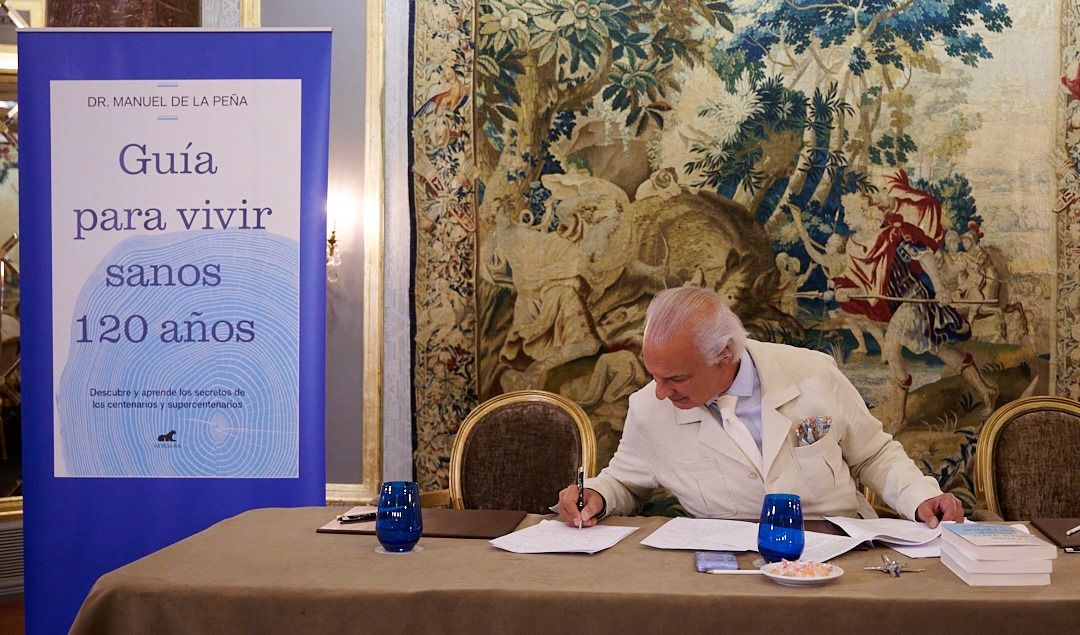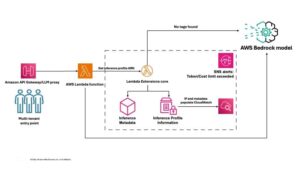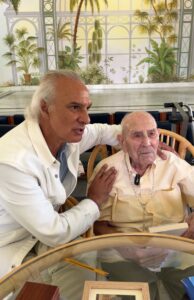The advance of artificial intelligence (AI) is revolutionizing multiple fields, and the latest to join this transformation is the fight against aging. Dr. Manuel de la Peña, a prestigious cardiologist and longevity expert, argues that AI has become a fundamental pillar in this battle. With the development of advanced tools like Google’s AlphaFold 3, the process of discovering new drugs is accelerating significantly, allowing progress towards treatments that previously seemed impossible.
AlphaFold 3 has successfully determined the three-dimensional structure of 200 million proteins, saving researchers over ten centuries of work. This breakthrough is marking a milestone in the pharmaceutical industry, facilitating achievements that were once out of reach. AlphaFold 3 technology is not only transforming the time and resources needed for research, but it is also opening up new possibilities for curing diseases that currently have no cure.
Current research covers more than 800,000 molecules evaluated for their ability to act as senolytics, responsible for eliminating senescent cells that play a crucial role in aging. According to de la Peña, we are on the verge of discovering a molecule that can ultimately slow down the aging process.
The impact of AlphaFold 3 has been so significant that the Royal Swedish Academy of Sciences awarded the Nobel Prize in Chemistry 2024 to Demis Hassabis and John Jumper from Google DeepMind for their significant contribution to protein structure prediction. This recognition was also shared with David Baker from the University of Washington, whose innovations in protein design are opening new opportunities in advanced materials and biomedicine.
In his recent book, “Guide to Living Healthy for 120 Years,” de la Peña explores the impact of artificial intelligence on the prolongation of human life, supported by studies and his personal experience. Additionally, the author emphasizes the importance of empathy and humanization in medicine, elements he considers essential along with advanced technology to achieve more effective healthcare.
The book was successfully presented at the Hotel Wellington in Madrid, attracting various personalities from the social and cultural spheres. This event marked a new milestone in the discussion on longevity and well-being, with de la Peña at the forefront of this dialogue, paving the way towards a future where living a long and healthy life is a realistic goal for everyone.
Referrer: MiMub in Spanish












